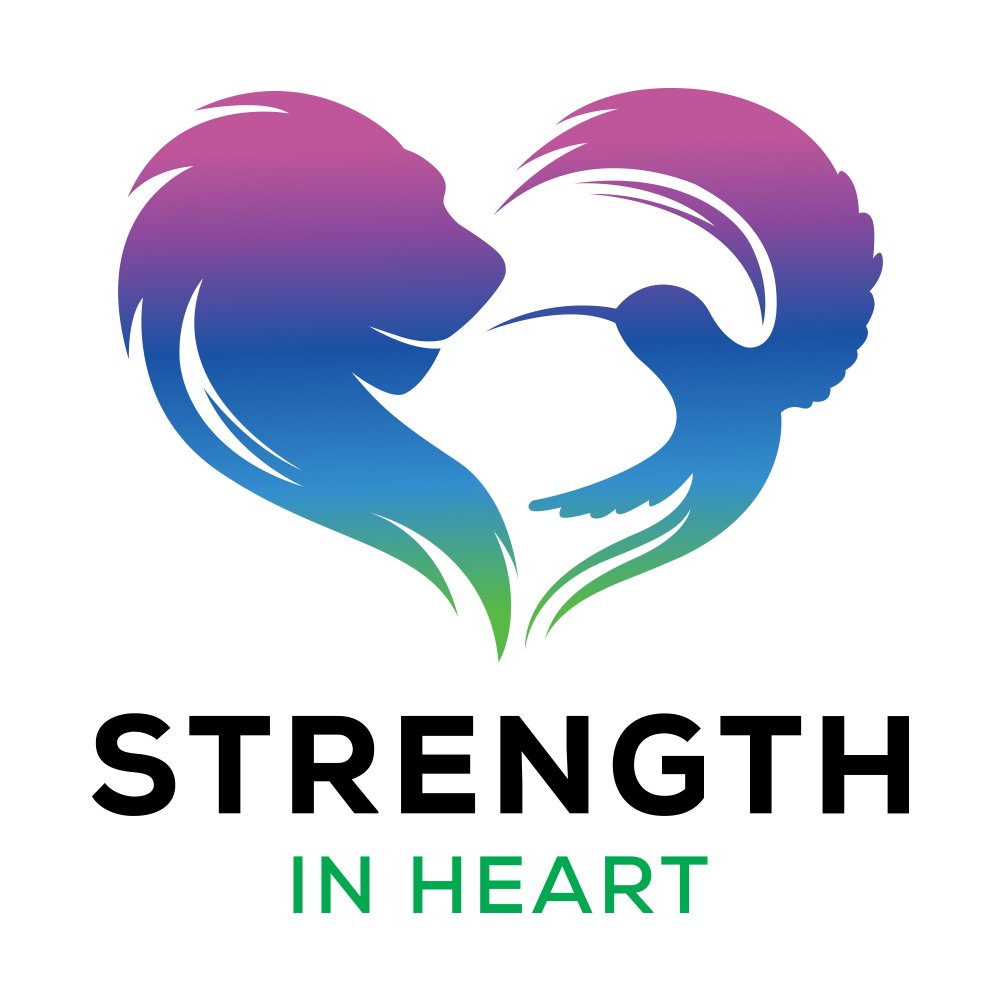Have you experienced a racing heartbeat or tightness in your chest when you watch the news or read about COVID numbers?
That’s your sympathetic nervous system fight or flight response reacting to your brain’s interpretation of a threat. On the other hand, your parasympathetic nervous system plays a role in calming your body once a threat is gone or has been resolved.
But, what happens when a threat doesn’t have a real ending? What of you’re in the middle of an ongoing pandemic that you can’t physically fight or run away from? Your stress response can be continually activated which can lead to serious health consequences over time. This can also lead to a hopelessness/helplessness where a person may “check out” both physically and mentally, (i.e. dissociate, feel numb, stuck, or depressed). The good news is that you can intervene to help calm your nervous system.
Research on the vagus nerve, a major nerve in the parasympathetic nervous system, has shown that people can tune into their nervous system to trigger calmness and return to “rest and digest” – even during chronic stress (The Polyvagal Theory, Dr. Stephen Porges).
Part of the vagus nerve (the ventral vagal nerve), also known as the social engagement system, can be used to trigger calmness in your nervous system. This upward network connects the brain, lungs, neck, throat and eyes which means that deep breaths, throat gargling, humming, smiling or making eye contact can all send messages to the brain that it’s okay to relax. Once you have calmed your nervous system, your prefrontal cortex can engage again and you will be able to more clearly think and process what is happening, rather than shut down.
Here are 4 steps to activate your ventral vagus nerve to regain a sense of calm and avoid dissociation, numbness and feelings of depression – even when COVID-19 is overwhelming you:
Tune into how your body feels
If you don’t know how your body feels when you’re stressed, then it’s hard to know when it’s time to give your nervous system some rest and relaxation. How does your body feel when you are calm? What physical sensations occur when you begin to feel stress? Do you notice your shoulders tense when you watch the news or read something about COVID? That tension can serve as a reminder to practice compassionate self-care in that moment by breathing and rolling the shoulders. This act of self-care will relieve the buildup of tension and physical pain as well as signal to your ventral vagus nerve that you are in a safe place.
2. Use your breath
A powerful way to self-regulate is through mindful breathing. Deep breathing stimulates the ventral vagal system, and reduces cortisol (the stress hormone) (2017 study). Exhaling longer than you inhale can also aid this process to promote the rest and digest response.
3. Connect with people
Connection with other people, and even self-compassion, can also activate the ventral vagal network. The key is to establish a sense of safety and connection that will cue your body to relax. This can be done through making eye contact (in person or via video), or even by imagining someone or something (e.g. a pet) that you trust and the feelings of safety and connection that they bring to you. Really imagine, and breathe in those feelings and let your body experience them. This can also be done with cues in your environment, things in your home, that signal to you that you are safe. The function of this is to bring your attention to the present moment (i.e mindfulness).
4. Harness anxious thoughts
What is the story that you tell yourself about the stress in your life? This story determines how your body will respond. For example, rather than thinking about isolation or social distancing as being stuck at home indefinitely, try to view it as a temporary effort to contribute to public health, and an opportunity to slow down in your life. This process of steering your thoughts toward a more hopeful direction can lead the brain to communicate calm to the vagus nerve, and then to the organs and systems along the way.
Contact us for more mental health support to cope with COVID-19!

